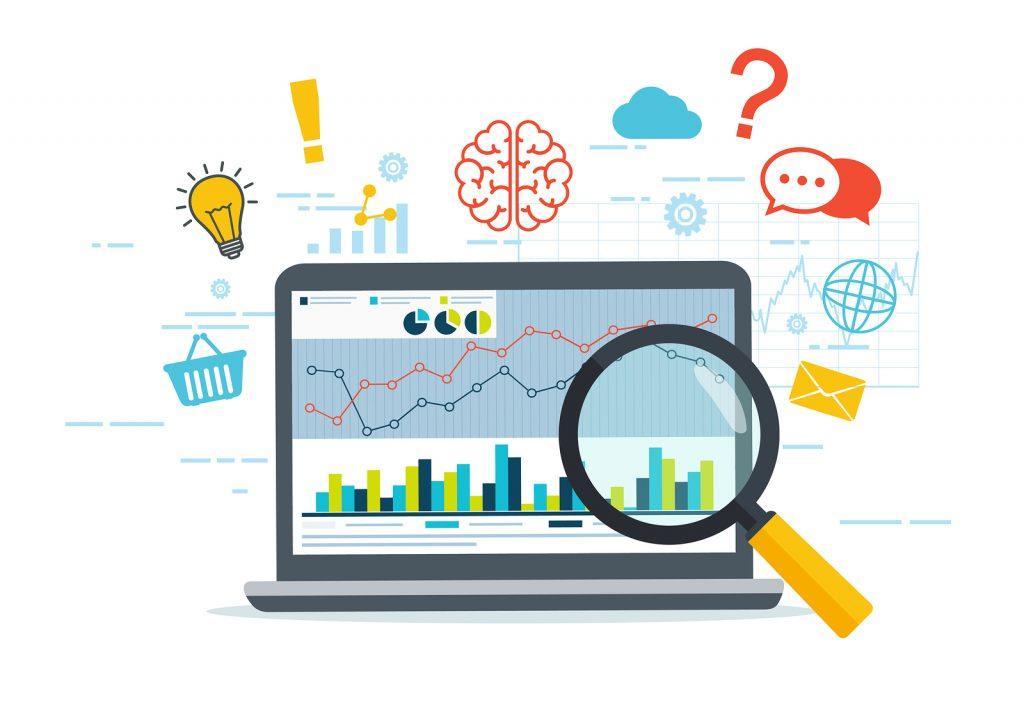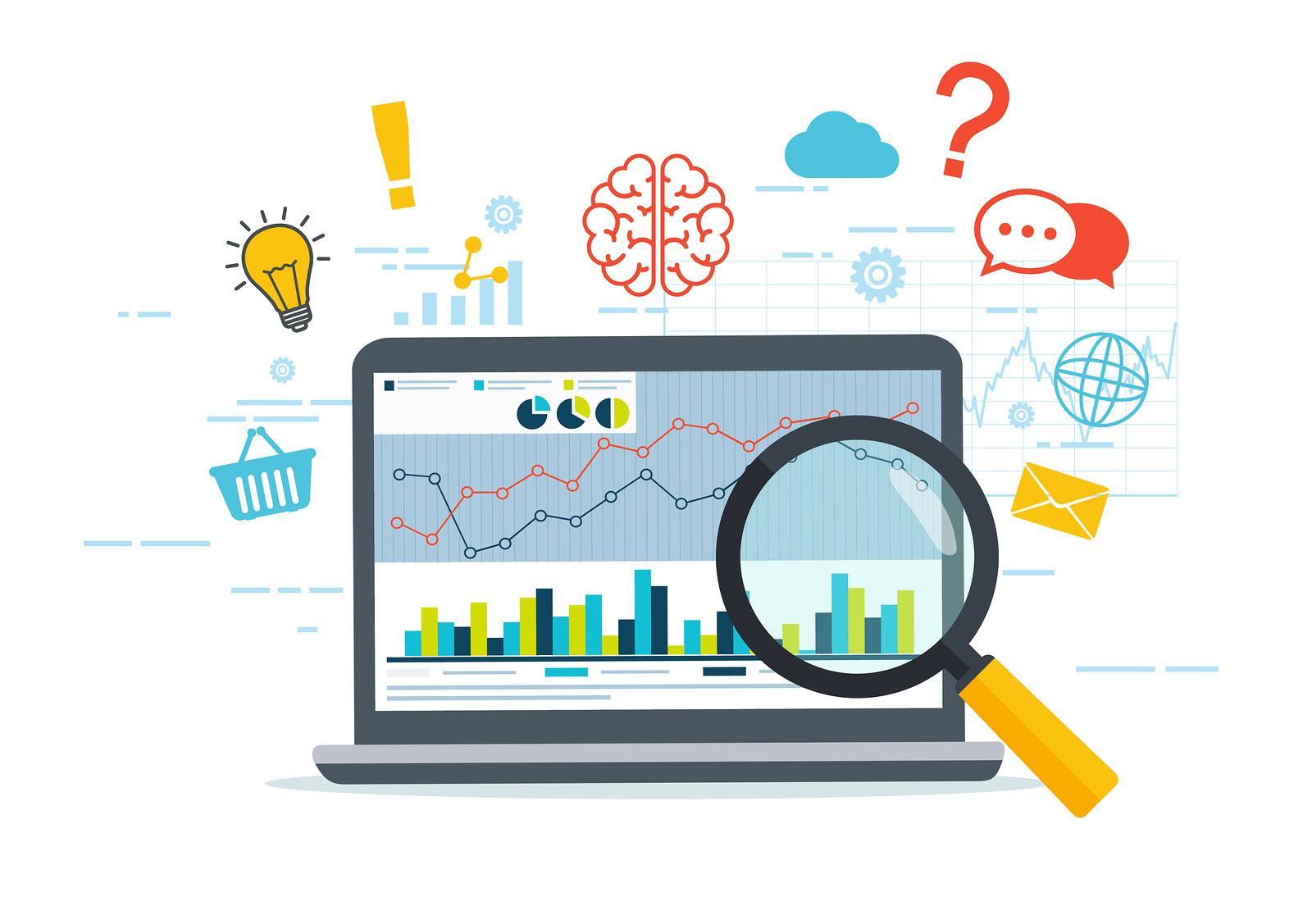As the Sinead O Connor classic should have gone, nothing compares to, organic SEO.
Many businesses are often lured into making costly errors through the persuasive potential of online marketing. The temptation for businesses to push out their product – that needs to be seen in order to sell – to billions of users via the click of a button is very tempting, even if they don’t have the foggiest about boosting posts, algorithms and pay-per-click.
And with the pressure building from competitors, ploughing money into marketing methods is often the go-to option for business owners. Yet, this can be detrimental. Endorsing in ignorant online spending will fail at returning adequate conversion or growth rates, incurring fatal financial loss.
So, before you invest your hopes and dreams into pay per click, see below for a run-down of pros and cons for both organic SEO and pay per click methods, allowing you to make an informed, rational decision.
As understanding your current goals and future consumers, is essential in determining what promotional approach will best market your business.
What is Organic SEO – what are the pros? 
Organic SEO is a promotional method used by businesses to get their business service or products noticed in Google’s search engine results.
According to Juniper Research, “81% of users find their desired destination through a search engine.”
The process – particularly if you’re just starting off – can be a bit of a long-haul. But, when successful can induce traffic and implement trust into your business, influencing consumers to shop your service.
At first, applying organic SEO techniques is a working progress, yet after time can be hugely rewarding.
The goal is to try and convince search engines such as Google, Yahoo and Bing that your website matters. And with a vast amount of longstanding online businesses to contend with, this can be challenging. However, perseverance prevails.
Google’s algorithm PageRank determines whether your website is important, by assessing the amount of external links that are being directed to your website; the more your website URL is shared across the net, the more important Google determines your site to be, and thus the higher Google will rank your page.
Pros to Organic SEO
- Organic SEO is more affordable than PPC. Organic search provides volume to your site, which is free-per-lead, as opposed to PPC. Businesses tend to employ digital marketing experts to take care of their organic SEO strategy, of whom will help to build your business growth online, so that you can take care of business. This is still more affordable and worthwhile in the long term than funding one-off PPC campaigns.
- Free traffic with organic SEO. All traffic earned from organic SEO is free, as opposed to PPC, where users have to pay for impressions / clicks – this can be costly.
- Organic SEO is more trustworthy. Research reveals that organic results are “8.5x more likely to be clicked on than paid search results”. PPC ads can be regarded as paid advertising / spam, thus influencing consumers to trust search-driven results more.
- Organic SEO helps grows your ranking naturally in Google, presenting your brand as credible. Highly ranked listings that aren’t paid ads, will be the ads that most consumers favour when shopping a service or product. This is because high-listed non-paid ads, convey a service that consumers use often, recommend and trust.
- More effective in the long term than PPC. Organic SEO takes longer to grow than PPC, but is more beneficial in the long term. As after a PPC campaign has finished promoting a product / service, the listing disappears from the top of Google’s search results – unless you want to invest more money. Organic SEO however, keeps building your ranking, and overtime will firmly secure your listing at the top of Google’s search results.
- Users are able to analyse their results. Users can produce a report of how effective organic SEO methods have been, in terms of driving traffic, creating awareness and boosting click-through rates.
- More far reaching. Using organic SEO, businesses can target wider audiences, if they know who to target! Businesses can target through common search criteria such as: questions, answers, keywords and on-trend topics and can even target multiple locations.
- You can easily hire an organic SEO freelancer who can help you get setup with your project or work alongside you.
Cons:
- It’s a slow burner; patience is key. The results aren’t instantaneous with organic SEO, unlike PPC – although, the progress is lasting.
- Organic SEO requires extensive knowledge in marketing. This means that 9/10 small businesses will have to outsource a marketing team to implement organic SEO elements for them – unless they have a marketing team in-house, or are a bit of a tech-buff themselves. This will incur a cost, however it is arguably more financially worthwhile, to develop your brand awareness organically and efficiently, rather than plumbing money into one-off campaigns.
What is PPC & what are the pros?
Pay-per-click is a promotional strategy for users to advertise their business / service via Google, by paying for traffic.
The approach tends to be adopted more by new businesses, and tends to be favoured when promoting a one-off service / product / event, as opposed to organic SEO.
The service, pushes your listing to the top of Google’s search results instantaneously. However, your listing only remains at the top throughout the duration of your sponsored PPC campaign.
- Quick fix. PPC provides businesses with an effective quick-fix and works great for new businesses who’re looking to appear in Google’s top search results overnight. This approach is also a great way of promoting one-off events, products discounted services that are running for a limited time period.
- Paid ads appear at the top of the page, above organic listings. This is the first listing that consumers will see in their search results.
- PPC ads are 1.5x more likely to convert to click through from the search engine, than organic results. This is because paid ads are custom optimised, meaning that they adapt relevantly to whatever the user is searching for in Google. This will encourage them to click onto the top result, which will be a sponsored, relevant ad.
- You Pay Per Click. This can be advantageous for if your click costs are low, and the income being generated from your ads is higher.
- PPC provides analytical reports, giving you a complete rundown of your impressions / click through rates / cost-per-click.
Cons:
- Traffic from PPC has a cost per click. Alternatively, clicks / impressions that accumulate when using organic SEO do not incur a charge. Pay per click can be disadvantageous for if many users click onto your ad without any intention of converting. Not only does this give false hope but can rack up large costs, with zero return.
- Spend can vary significantly. Some SEO approaches such as AdWords can be costly. This is because spend can vary; the more desirable the keyword is, the greater the cost.
- Paid ads look like spam. By law, paid advertisements have to be cited as ads, and thus many users are put off by ads that are being marketed to them.
- If you don’t know what you’re doing you can lose a lot of monies. Businesses who aren’t equipped with marketing staff, may need to pay for someone to implement PPC, as well as paying for ad-spend that can vary per keyword / click-rate. This again, is costly.
- Risk of click fraud. According to Pixalate – a data platform built to bring transparency to programmatic advertising – revealed “One in five paid clicks were fraudulent during the month of January 2017.” A current type of malware, click-fraud robots relentlessly click on paid ads to incur huge financial losses for businesses.
- To target a wide audience, it’ll cost. To target an extensive audience, businesses need to employ a large budget to cover all grounds, having to pay out for numerable keywords, questions, trends, answers and locations.
To conclude, some businesses favour organic SEO, some PPC and others alternate between both; the run-down exhibits that the process is dependent on what your business wants to get out of your marketing campaign.





Leave a Reply